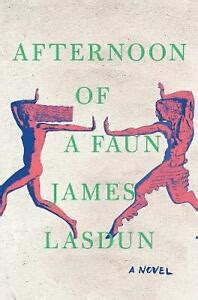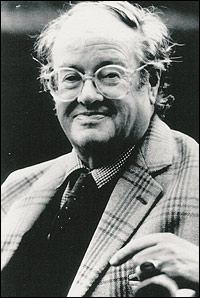A Quote by Mitski
Being an outsider makes you a really good writer.
Related Quotes
Most writers begin with accounts of their first home, their family, and the town, often from quite a hostile point of view-love/hate, let's say. In a way, this stepping outside, in an attempt to judge enough to create a duplicate of it, makes you an outsider. . . . I think it's healthy for a writer to feel like an outsider. If you feel like an insider you get committed to a partisan view, you begin to defend interests, so you wind up not really empathizing with all mankind.
America as a setting seems inexhaustibly fascinating to me, and I think there's something about the outsider viewpoint that works for me. Being of Jewish descent in England always carried a vague sense of being foreign, while not being a practicing Jew made it hard to think of myself as fully Jewish either. So living here in a way just clarifies that terminal outsider position - makes it somehow official, which I like.
I believe a good writer can write a good book with any sort of character, in any sort of setting, but I prefer to write about the outsider. It might just be because I've been one (or perceived myself to be one) for so much of my life. But the simple fact of being marginalized immediately brings conflict to a story before the narrative even begins, and that's gold for a writer because it means that your character already has depth before events begin to unfold.




































